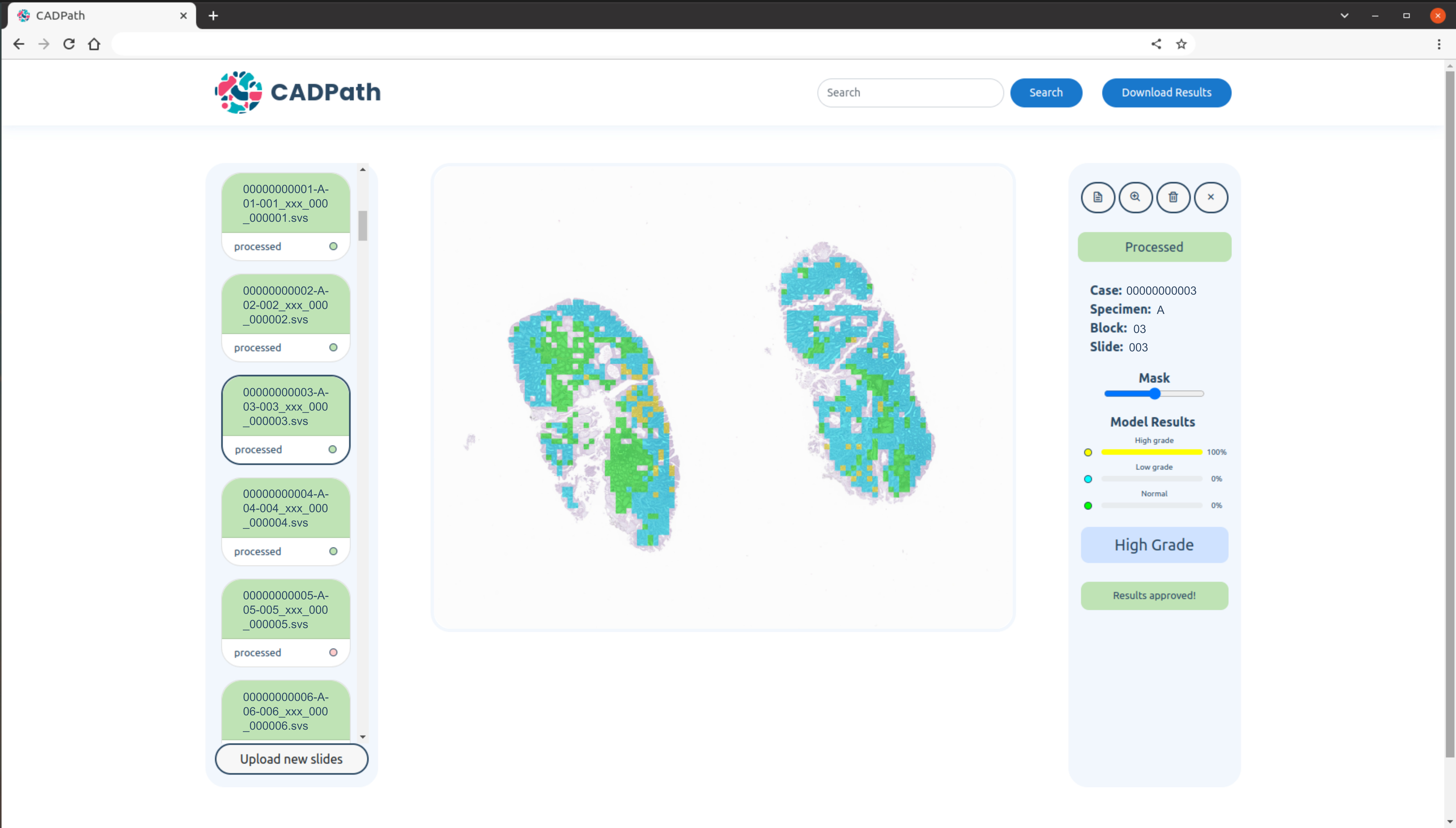The work behind the first prototype that uses Artificial Intelligence (AI) for colorectal diagnosis was fully developed by Portuguese researchers INESC TEC, and the IMP Diagnostics Molecular & Anatomic Pathology laboratory; the work featured in the renowned international scientific journal npj Precision Oncology (https://www.nature.com/articles/s41698-024-00539-4 ).
This work focuses on improving a prototype that uses AI as a complementary tool to the diagnosis of colon and rectal biopsies, and the availability of the largest database of digital images of colorectal pathologies – which became available today, with free access for the benefit of research and the advancement of knowledge in this area. The researchers trained this new model using close to 10000 images of tissues with colorectal pathology, thus achieving a diagnostic acuity of 93.44% and a sensitivity of 99.7% in the detection of high-risk lesions related to this type of cancer. More than half (5300) of said images (close to five terabytes of data) are now available to the scientific community.
The dissemination of digital images is part of the efforts of IMP Diagnostics and INESC TEC to promote science and the sharing of scientific knowledge, following the FAIR principles – a set of international guidelines that recommend that scientific data must be easily findable, accessible, interoperable and reusable.

Pedro Neto, researcher at INESC TEC, stated that “part of the images can be used to train other AI models, while the others will be used specifically for testing/benchmarking between AI tools – towards improving thoroughness and fairness when comparing said tools”.
The prototype was developed based on a technical innovation, in which a new and more efficient training methodology was applied; it significantly reduces the number of images required to teach the AI model, without compromising its performance. These advances not only drive image analysis technology, but also contribute to the development of more effective solutions in the diagnosis of colorectal cancer.
The paper published in the journal npj Precision Oncology – “An interpretable machine learning system for colorectal cancer diagnosis from pathology slides” – stems from a collaborative endeavour between both entities – also featuring researchers from the Center for Artificial Intelligence in Medicine at the University of Bern, Switzerland.
This work is part of CADPATH.ai, an IMP Diagnostics project partially funded by the COMPETE 2020 programme – which focuses on the development of AI tools for colorectal and cervical pathologies. Article DOI: https://doi.org/10.1038/s41698-024-00539-4.




 News, current topics, curiosities and so much more about INESC TEC and its community!
News, current topics, curiosities and so much more about INESC TEC and its community!